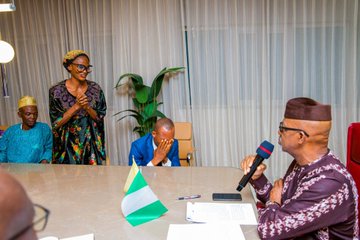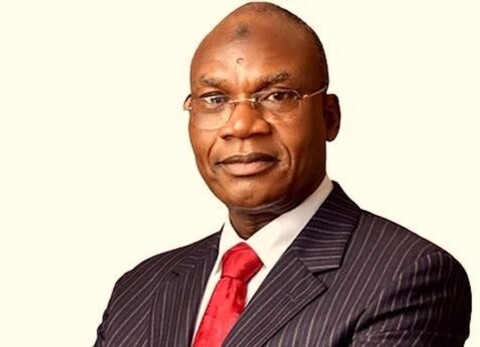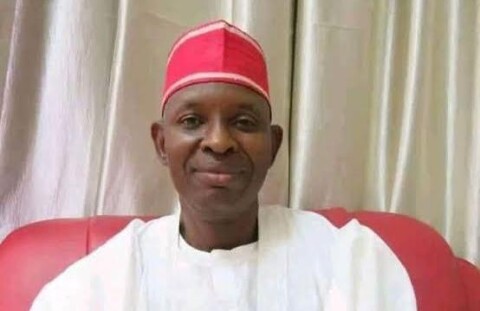A Professor of Comparative Political Economy at the University of Lagos (UNILAG), Adelaja Odukoya, has strongly criticized the Nigerian government for its poor treatment of university lecturers, questioning what offense they have committed to deserve such neglect.
Speaking at UNILAG’s sixth inaugural lecture of the current academic session, Odukoya, who is also the Lagos Zone Coordinator of the Academic Staff Union of Universities (ASUU) and Dean of the Faculty of Social Sciences, lamented the drastic decline in the status and welfare of university lecturers over the years.
He recalled that at Nigeria’s independence in 1960, university lecturers were highly respected and well-paid, second only to top judicial officials. However, he noted that the situation has since deteriorated, with lecturers now facing financial hardship and lack of government support.
Highlighting the disparity in earnings, Odukoya compared the salaries of professors in 1960 to their present-day counterparts. He noted that while a professor at independence earned 3,000 pounds (equivalent to N6,000) annually—just slightly below the Chief Justice of the Federation, who earned 3,600 pounds—today, a professor earns N5.4 million per year, whereas the Chief Justice now earns N64 million annually.
“Has the work of a professor become less important or dispensable? Or has Nigeria suddenly become a land of justice because of the massive salaries given to judges?” he questioned.
Odukoya further criticized the undue influence of civil servants on lecturers’ remuneration, arguing that those who were once far below university lecturers in hierarchy now dictate their earnings. He also accused some government officials of orchestrating large-scale corruption while lecturers struggle financially.
“We have junior civil servants who can afford to pay the salaries of multiple professors and own luxury homes worldwide, yet they walk around with impunity,” he remarked.
He warned that this unfair treatment of educators contributes to the growing perception that education in Nigeria is a scam. Calling for urgent reforms, he stressed that unless the government prioritizes education and restores dignity to the teaching profession, Nigeria’s educational and socio-economic progress will remain stunted.
The lecture, titled “Armageddon,” was attended by scholars, diplomats, traditional rulers, and students, both physically and virtually.





